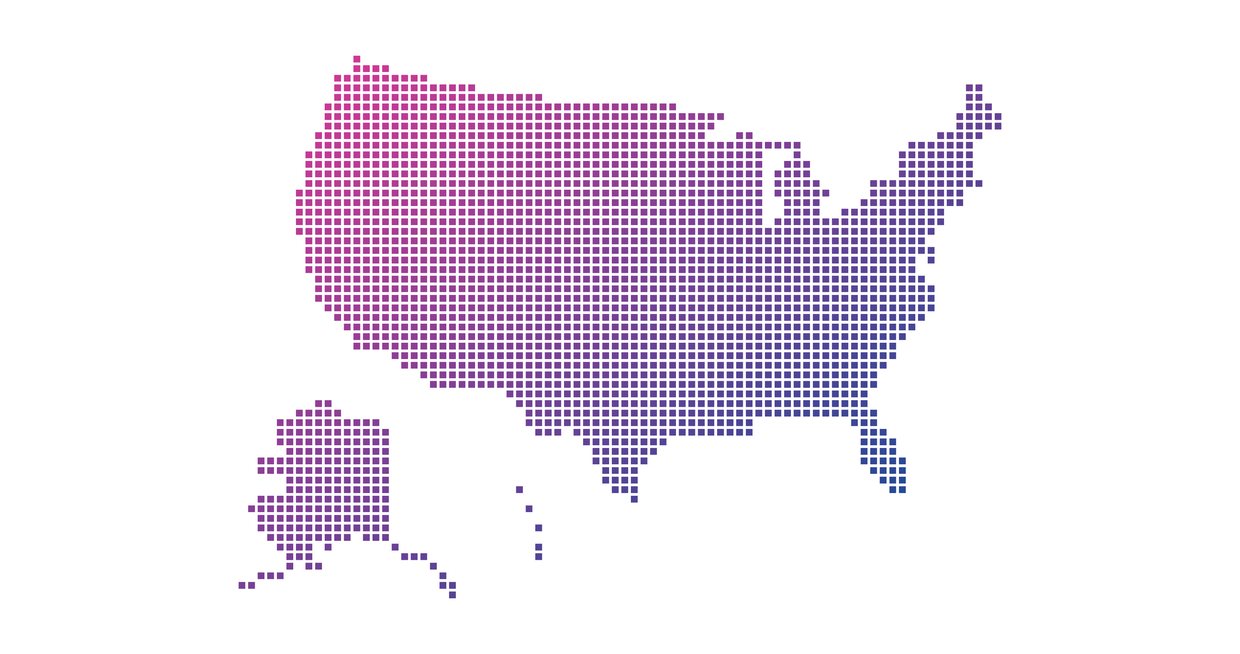December, 2021
2022 promises to be an exciting year for the XBRL community with new structured data programs coming online from U.S. based public utilities reporting to the Federal Energy Regulatory Commission (FERC), European and UK companies filing through the European Securities Markets Authority (ESMA), and local Florida government entities reporting in XBRL to the Florida Department of Financial Services. Also on the municipal front, XBRL US has partnered with the University of Michigan and the City of Flint, MI, on a program to build local government reporting standards.
The Securities and Exchange Commission (SEC) issued a number of new proposals and final rules in late 2021 that will impact the EDGAR submission process, many of which have structured data requirements. More are expected early this year, including one on climate-related disclosure. Interest in ESG continues to grow as the IFRS Foundation announced in November the formation of the International Sustainability Standards Board which is tasked with developing a global base of sustainability disclosure standards.
In addition, new uses for XBRL-formatted data were revealed as the surety insurance industry began pulling XBRL data directly from the SEC EDGAR system for their own benchmarking and bonding analysis. This year, XBRL US staff and members will work together to build on the momentum of 2021, including these activities noted below that took place in December.

Liberty Mutual Surety established an infrastructure to directly ingest and normalize financial statement data in XBRL format. As outlined in their case study, Liberty conducts benchmarking and trend analysis, and analyzes companies for bonding purposes by reviewing financial statement data. Before XBRL, data collection was a completely manual process. When Liberty transitioned to XBRL, their process of not only collecting but normalizing the data became fully automated. Normalization is the process of structuring as-reported data in accordance with a set of norms to reduce redundancy, improve data integrity, and enhance the ability to easily analyze the data. Liberty estimates a 150% ROI in year one with the switch to XBRL, 650% over 5 years.
To further explain how they put their new data collection process in place, Liberty and XBRL US are holding a free 60-minute webinar on January 26. All are encouraged to Register.

XBRL US gave input to two SEC proposals related to proxy voting and employee stock purchase and savings plans. The proposal Enhanced Reporting of Proxy Votes by Registered Management Investment Companies; Reporting of Executive Compensation Votes by Institutional Investment Managers recommends that fund reporting of proxy votes on Form N-PX be enhanced by adding additional disclosures, and by requiring the data to be reported using a custom XML schema. The XBRL US comment letter encouraged the SEC to opt for XBRL-CSV rather than a custom XML schema because XBRL-CSV would result in smaller file sizes than custom XML which would require issuers to repeat identifying tags over and over, rather than referencing a taxonomy. In addition, XBRL-CSV would allow issuers and data users to leverage tools they already use for XBRL.
Separately, XBRL US commented on the SEC proposed rule for Updated EDGAR Filing Requirements, which includes a requirement for Inline XBRL for the filing of financial statements and notes to the financial statements required in Form 11-K, the Annual Report of Employee Stock Purchase, Savings, and Similar Plans. The XBRL US letter agreed with the Commission proposal because the Form 11-K contains financial and narrative data which can easily be accommodated in XBRL. We also recommended XBRL tagging for the Form 6-K cover page, to mirror Form 8-K requirements, and made other suggestions related to the use of identifiers and additional document tagging.

The Municipal Securities Rulemaking Board (MSRB) published a Request for Information on Environmental, Social and Governance (ESG) Practices in the Municipal Securities Market. The Board seeks input on how best to enhance issuer and investor protection, as well as the overall fairness and efficiency of the municipal securities market in relation to: (1) the disclosure of information regarding ESG-related risk factors and ESG-related practices and (2) the labeling and marketing of municipal securities with ESG designations (ESG-labeled Bonds). Comments are due by March 8, 2022.

The University of Michigan announced a program to improve transparency and governance by building XBRL data standards in partnership with the City of Flint, MI. The fiscal reporting pilot program will develop digitized data standards to represent the Annual Comprehensive Financial Report (ACFR) by building on the XBRL Taxonomy developed by the XBRL US Standard Government Reporting Working Group. The program is led by the Center for Local, State, and Urban Policy (CLOSUP) at the University of Michigan’s Gerald R. Ford School of Public Policy, and is made possible through a grant from the Charles Stewart Mott Foundation.
XBRL US Events

Webinar: Liberty Mutual Surety Custom XBRL Data Collection, January 26, 3 PM ET
Hear Greg Davenport, Senior Vice President, Global Risks, Liberty Mutual Surety, and Campbell Pryde, President and CEO, XBRL US, on how Liberty enabled automation of the normalization and consumption of financial data into their internally developed WorkBench analysis system. WorkBench is used for everything pertaining to surety accounts, agents, principals, and brokers, globally. Liberty started with financial data from U.S. public companies, and eventually plans to expand their consumption of XBRL to data reported by IFRS filers, and other global entities.
Register: https://xbrl.us/events/220126/
Webinar Replay: DQC 17th Rule Set Public Review
The XBRL US Data Quality Committee (DQC) published its 17th Rule Set for public review in November. The release contains 3 new rules for US GAAP filers, 2 new rules for IFRS filers, and 3 new rules to be used by both US GAAP and IFRS filers. Watch the replay from this 50-minute session to learn about the proposed rules, as well as the final checks in the 16th Rule Set.
Watch: https://xbrl.us/events/211202/
The DQC will meet on Wednesday, January 19. Register to attend online: https://xbrl.us/dqc
Upcoming XBRL US Steering Committee and Other Member Meetings
The Domain Steering Committee will meet Thursday, January 13, at 3PM ET. https://xbrl.us/events/dsc-220113 – all XBRL US Members are invited to attend
The Communications Steering Committee will meet Tuesday, January 18, at 3 PM ET. https://xbrl.us/events/csc-220118 – all XBRL US Members are invited to attend
The Regulatory Modernization Working Group will meet Tuesday, January 11, at 3 PM ET. (membership@xbrl.us for details)
XBRL US Members are encouraged to attend and get involved.
 XBRL US Members are committed to engaging and collaborating with other members, contributing to the standard through involvement of their teams, and striving to build awareness and educate the market. Members of XBRL US represent the full range of the business reporting supply chain.
XBRL US Members are committed to engaging and collaborating with other members, contributing to the standard through involvement of their teams, and striving to build awareness and educate the market. Members of XBRL US represent the full range of the business reporting supply chain.
Not yet an XBRL US member? Maybe it’s time to consider joining XBRL US for yourself ($55 – $500/ year) or your organization (fees vary). Find out more about the benefits of membership and how to become involved by visiting https://xbrl.us/benefits.






Comment
You must be logged in to post a comment.